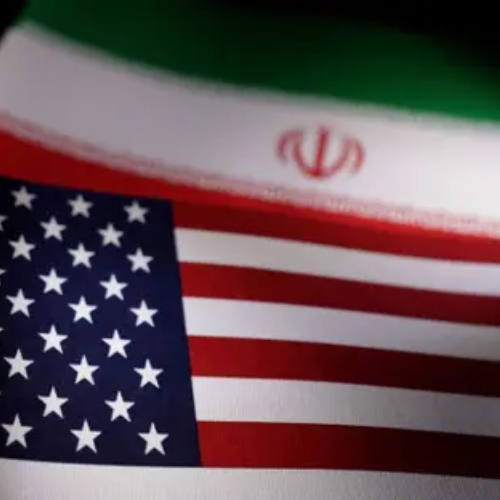On Tuesday, the United States government announced fresh sanctions against Seyed Asadoollah Emamjomeh, a wealthy Iranian businessman who is deeply involved in Iran’s liquefied petroleum gas (LPG) and crude oil trade. According to the U.S. Treasury Department, Emamjomeh has been operating a vast network of companies that secretly ship Iranian oil and gas to other countries—despite existing U.S. restrictions.
The Treasury Department says his network has moved hundreds of millions of dollars’ worth of Iranian LPG and crude oil around the world. These shipments are considered illegal under current U.S. sanctions, which are designed to block Iran from using its oil and gas profits to fund nuclear and military programs.
Treasury Secretary Scott Bessent said in a statement that Emamjomeh’s network tried to export thousands of shipments of LPG, including some that were routed through the United States, in an effort to avoid detection and bypass the sanctions.
Switzerland Breaks Silence: Bold Sanctions Target Kremlin’s Toxic Media Network
Why Emamjomeh’s Network Was Targeted
LPG and crude oil are major sources of income for Iran. The U.S. government says that money from these sales is being used to support Iran’s nuclear activities, its development of advanced weapons, and regional proxy groups that have been involved in violent conflicts. These groups include Hezbollah in Lebanon, the Houthi rebels in Yemen, and Hamas in the Palestinian territories.
The U.S. accuses Emamjomeh of building a secretive and illegal system to sell Iran’s oil and gas without being caught. His network allegedly disguised where the fuel was coming from, making it appear as if it was not connected to Iran at all. This kind of action, according to U.S. officials, is not just about breaking trade rules—it’s about helping Iran raise money for activities that threaten peace and stability in the region.
The sanctions are meant to freeze any assets connected to Emamjomeh’s businesses that are in the U.S. or held by American citizens. It also makes it illegal for any American person or company to do business with him or the companies tied to his network.
Sanctions Come Amid Ongoing Nuclear Talks
Interestingly, these new sanctions were announced just days after Iran and the United States agreed to begin drafting a framework for a possible nuclear deal. Iran’s Foreign Minister said on Saturday that both sides made progress during recent talks. A U.S. official also confirmed that the discussions had gone well and described the outcome as “very good progress.”
Ukraine Sanctions 3 Chinese Firms Over Explosive Missile Allegations
The two countries have a long history of trying to negotiate agreements over Iran’s nuclear program. Even as they talk, however, the U.S. has continued to place sanctions on individuals and companies that it believes are violating international laws or funding harmful activities.
Top negotiators from both nations are expected to meet again in Oman on Saturday to continue the conversation. These talks are aimed at finding a peaceful solution to concerns over Iran’s nuclear ambitions, while the U.S. continues efforts to block financial support for the country’s military operations and its support for armed groups.
The latest sanctions against Seyed Asadoollah Emamjomeh send a clear message that the U.S. is not letting up on enforcing its laws—even during sensitive diplomatic discussions. The Treasury’s statement makes it clear: anyone trying to sneak around sanctions to help Iran profit from oil and gas will be targeted.


